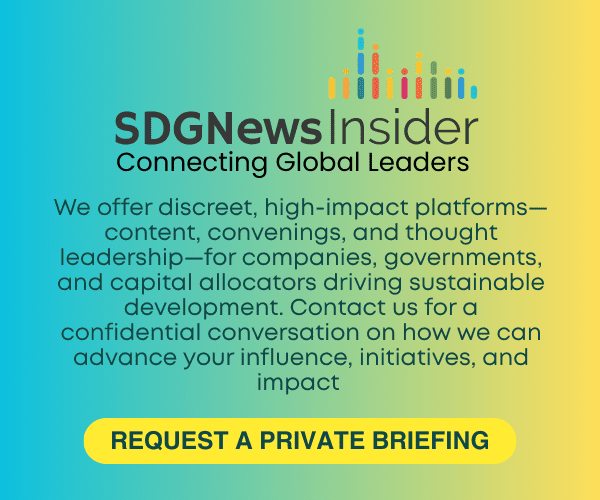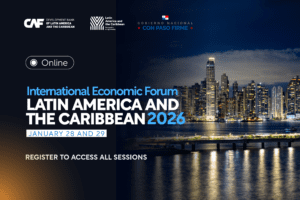Key Impact Points:
- A sustainable ocean economy could grow formal employment by 1.5% annually, reaching 184 million jobs by 2050.
- Today’s ocean economy already supports at least 133 million jobs — likely over 250 million when including informal and subsistence roles.
- Major barriers include skills shortages, underinvestment, and lack of equity-focused support for vulnerable coastal communities.
Ocean Economy’s Massive Job Growth Potential
The High Level Panel for a Sustainable Ocean Economy (Ocean Panel), supported by the World Resources Institute (WRI), has released a comprehensive report forecasting how the global transition to a sustainable ocean economy could unlock 51 million new jobs by 2050. This increase represents a 1.5% annual growth rate from the 2019 baseline.
The report, titled The Future of the Ocean Workforce, emphasizes the need for a just transition, inclusive of formal, informal, and subsistence workers — particularly in tourism, fishing, and aquaculture.
“The sustainable ocean economy is a major opportunity for job creation, offering new and diverse roles while supporting environmental and social goals,” the authors note.
The Workforce Drivers: Climate, Innovation, and Demand
The report identifies seven key drivers reshaping ocean employment: climate change, investment, shifting demand, energy transitions, innovation, sustainability, and better practices.
“There are climate-related biochemical reasons for investing in oceans and the ocean workforce,” said Tom Pickerell, WRI’s global director for the ocean programme and head of the Ocean Panel Secretariat. “It is also the biggest carbon sink in the world. So, we need to actively be managing the ocean and see it as an ally in the fight against climate change.”
He added: “Ocean-based climate solutions such as wind power, blue foods or green carbon dioxide removal can contribute to about 30% of the emissions gap needed to maintain us on that 1.5C trajectory.”
Untapped Potential and Structural Barriers
Despite the scale of opportunity, the ocean economy receives only 0.1% of total UN SDG funding — a severe underinvestment, according to the report.
“When it comes to the ocean economy, I think as terrestrial beings, we have not given it enough focus. It has been a case of ‘out of sight, out of mind,’” Pickerell said.
The report highlights critical barriers to equitable growth:
- Lack of training in developing nations, especially in the Global South.
- Severe skills gaps in sectors like marine renewables and digital ocean technologies.
- Underdeveloped infrastructure and limited inclusion of marginalized communities.
“Ocean literacy is particularly important because that’s one of the reasons leading us to having such poor funding. People simply don’t understand the ocean,” Pickerell emphasized.
Pathways to an Inclusive Ocean Workforce
The report calls on governments, financial institutions, and private investors to support new financial mechanisms like blue bonds and impact investments. These would empower local entrepreneurs — especially women and youth — to build ocean-based businesses.
“There’s direct climate development finance that needs to be directed towards ocean workforce transitions,” Pickerell noted. “Then there are the banks and private investors… The third channel is public funding, to derisk blue workforce programmes that can actually provide support for underserved populations.”
The Ocean Panel commissioned the report as part of its 2030 strategic roadmap to guide decision-makers toward a just, inclusive, and resilient blue economy.
“There’s a massive untapped economic potential in the ocean sectors aligned with sustainability,” said Pickerell. “The future workforce needs to be climate smart, tech ready and inclusive. All that requires investment.”
Related Article: The Business Case for a Sustainable Blue Economy

 Follow SDG News on LinkedIn
Follow SDG News on LinkedIn











